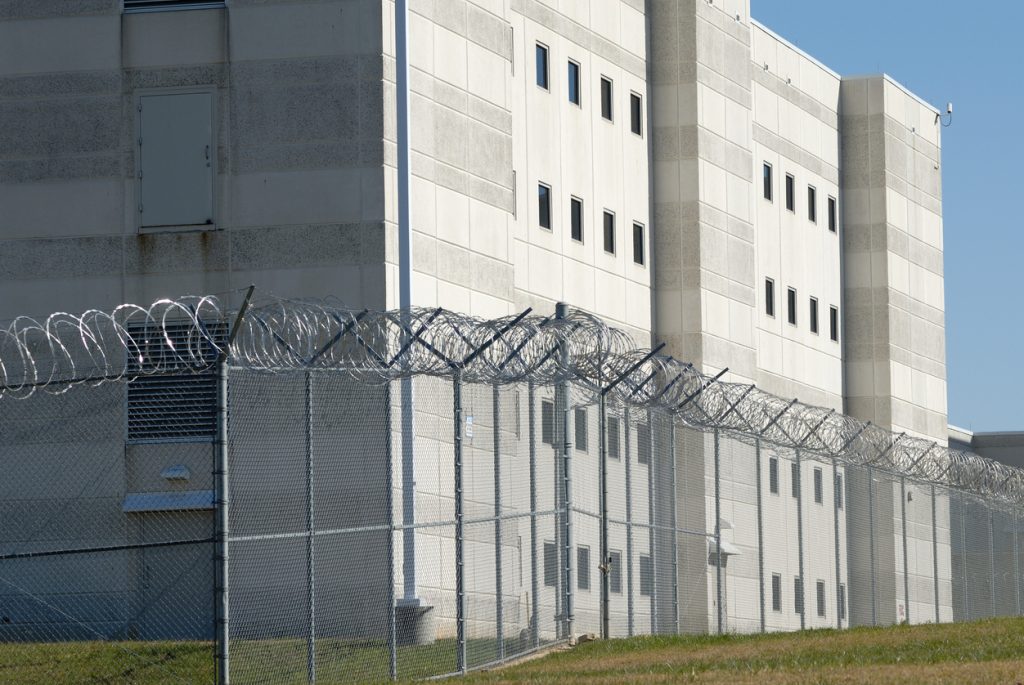According to an article from NPR published yesterday, prosecutors in the U.S. have started trying to undermine compassionate release from prison in plea deals. If you have any experience in the U.S.’s criminal justice system, you know how much power prosecutors already have. But NPR’s report makes it clear that prosecutors want their power to last long after a sentencing hearing — sometimes for years.
How can you get a compassionate release from prison?
In the U.S., 49 states, D.C. and the federal government allow prisoners to apply for a compassionate release. A compassionate release allows someone to leave prison before their sentence ends. The most common reasons why someone gets a compassionate release is because of a medical condition or their age. If someone is too sick or too old to live in a prison, the facility may release them.
This became more common during the COVID-19 pandemic. As the Equal Justice Initiative has explained, “[p]eople who are incarcerated are at great risk of sickness and death as a result of the Covid-19 pandemic[.]” Unfortunately, not much changed with compassionate release during the COVID-19 pandemic. Thankfully, the BOP did release some people under the CARES Act, though.

How can plea deals undermine compassionate release?
But incarcerated people can’t receive a compassionate release unless they ask for it. That’s where NPR’s reporting comes in. According to NPR’s Carrie Johnson, “[f]ederal prosecutors have been seeking to limit defendants’ rights to win compassionate release from prison in plea negotiations across the country….” Interrogating Justice’s Peter J. Tomasek called these allegations “sickening” and “cruel” on Twitter. FAMM’s Kevin Ring called the practice “disgusting” on Twitter, too.
The idea is simple. When someone goes to prison, they can earn time off their sentence in two ways. First, they can earn good time credits with good behavior. Second, they can earn First Step Act time credits with programs and activities. But, in “extraordinary and compelling” circumstances, they can also seek a compassionate release. Prosecutors are now reportedly trying to take that option off the table.
NPR’s article gives an example of a “65-year-old man in Arizona [who] fought for months to withdraw his guilty plea after realizing it included limits to his ability to seek compassionate release.” Another example, Johnson wrote, came from a federal judge in California. The judge “called the limits ‘unconscionable’ and ‘inhumane.’ “
“What if the defendant’s children are effectively orphaned by the death of their other parent?” that judge asked. “What if a debilitating injury makes it impossible for the defendant to care for him or herself in prison, or recidivate outside of it? What if a terminal diagnosis turns a brief term of imprisonment for a minor crime into a life sentence?” If the prosecutors adding compassionate-release prohibitions in plea deals get their way, however, none of these circumstances — or any other ones — will ever matter.

The Takeaway:
In the U.S., more than 97 percent of a criminal cases end in plea deals. Those individuals will serve their sentences. But, in certain extraordinary and compelling circumstances, they may need to be released sooner. Considering how rare it is for the BOP to grant compassionate release in the first place, prosecutors’ new plan to prevent people from even asking for it through plea deals is, as Tomasek, Ring and the judge said, sickening, cruel, disgusting, unconscionable and inhumane.






